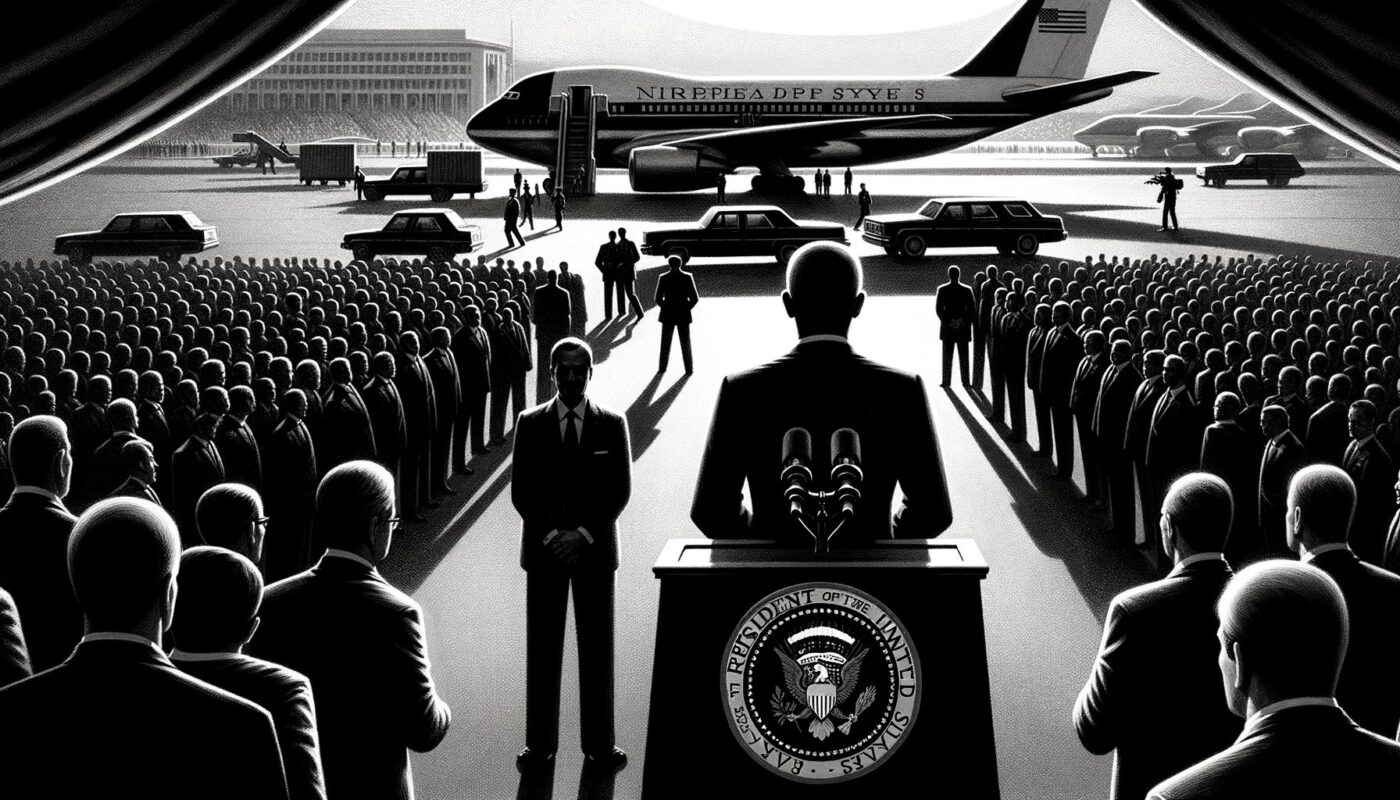President-elect Donald Trump has made a bold invitation to Chinese President Xi Jinping to attend his upcoming inauguration, slated for January 20th. This unprecedented move comes amid heightened tensions and competitive dynamics between the United States and China. Trump’s outreach appears to be part of an effort to establish direct communication channels with both allies and competitors as he prepares to take office for a second term.
Trump’s Surprising Diplomatic Gesture
In early November, shortly after winning the election, Trump extended an invitation to the Chinese leader. This invitation marks a rare precedent, as foreign leaders and especially those from non-allied nations, are typically not invited to U.S. presidential inaugurations. According to Karoline Leavitt, Trump’s incoming White House press secretary, the invitation represents Trump’s strategy of fostering “an open dialogue with leaders of countries that are not just our allies but our adversaries and our competitors too.”
Challenges and Reactions
Despite the diplomatic gesture, experts remain skeptical about Xi Jinping’s attendance. Danny Russel, former assistant secretary of state for East Asian and Pacific affairs, expressed doubt, noting that “Xi would not allow himself to be reduced to the status of a mere guest celebrating the triumph of a foreign leader — the U.S. president, no less.” This notion is echoed by Yun Sun, director of the China program at the Stimson Center, who cites the lack of protocol and precedent for such involvement as potential deterrents.
Furthermore, the invitation does not overshadow the existing tensions between the two nations. Trump’s administration has been marked by a strong stance against China, especially concerning trade tariffs and restrictions on Chinese companies like TikTok. In the past, Trump imposed tariffs and threatened new ones on Chinese goods, an issue that continues to loom over U.S.-China relations.
Implications for U.S.-China Relations
The invitation to Xi Jinping is not solely a diplomatic gesture; it serves as a strategic message indicating Trump’s dual approach of using both “carrot and stick” diplomacy. Analysts predict that Trump’s administration will persist in intensifying U.S.-China rivalry even as it extends friendly overtures. As Trump is known for preferring personal diplomacy, a future meeting between Trump and Xi could be on the horizon, potentially setting the stage for negotiations on contentious issues.
Despite this outreach, the political landscape is shifting, and Trump’s resurgent presence could add complexity to the already delicate U.S.-China dynamic. Beijing is expected to maintain a cautious approach, preparing to respond to potential shifts in American policies under Trump’s leadership.
In conclusion, while Trump’s invitation to Xi is a calculated move to open dialogue, it remains uncertain whether it will translate into a tangible thaw in relations. Given the historic competitive nature of U.S.-China ties, this invitation could either pave the way for improved relations or become another point of contention in the ongoing geopolitical chess game. With world leaders observing closely, the global community awaits Xi’s response to this significant diplomatic overture.
Warning : This information is indicative and without guarantee of accuracy. Consult a professional before making any decision.





